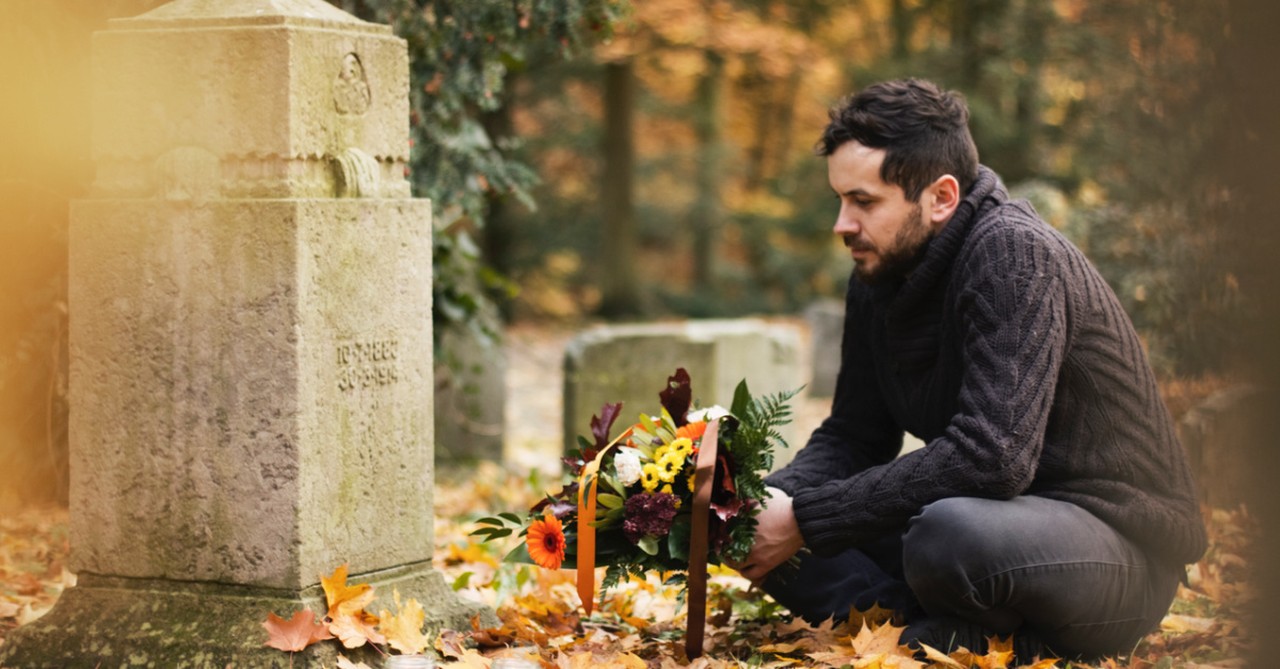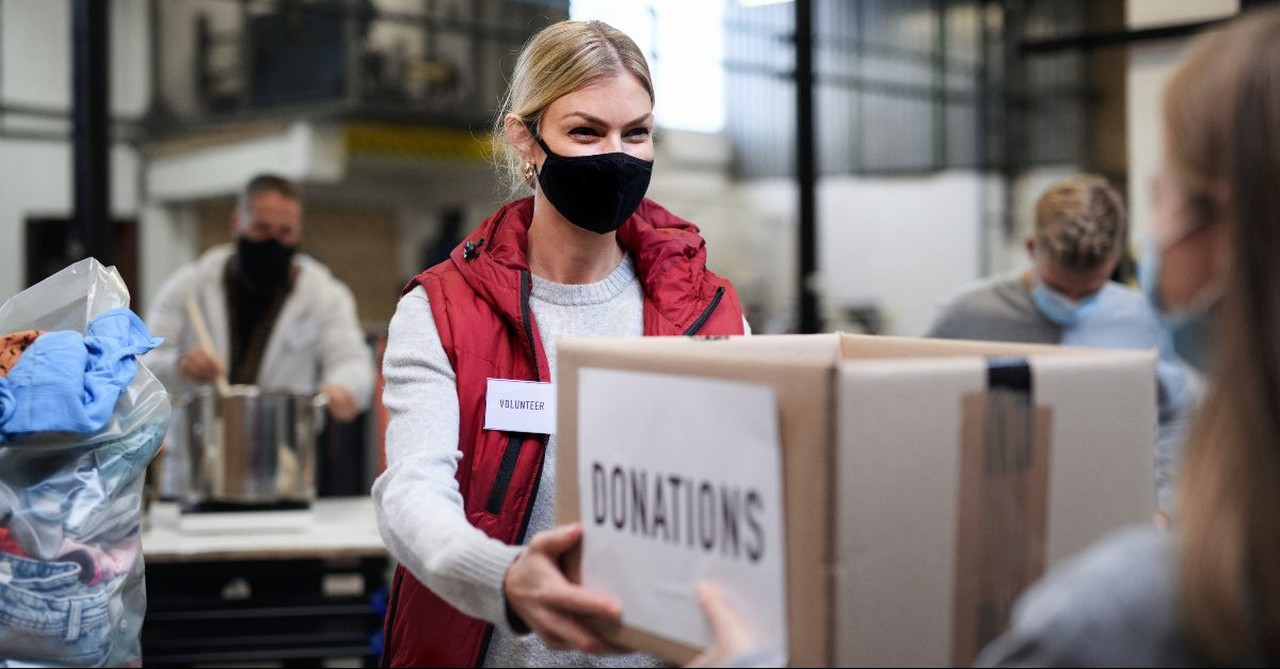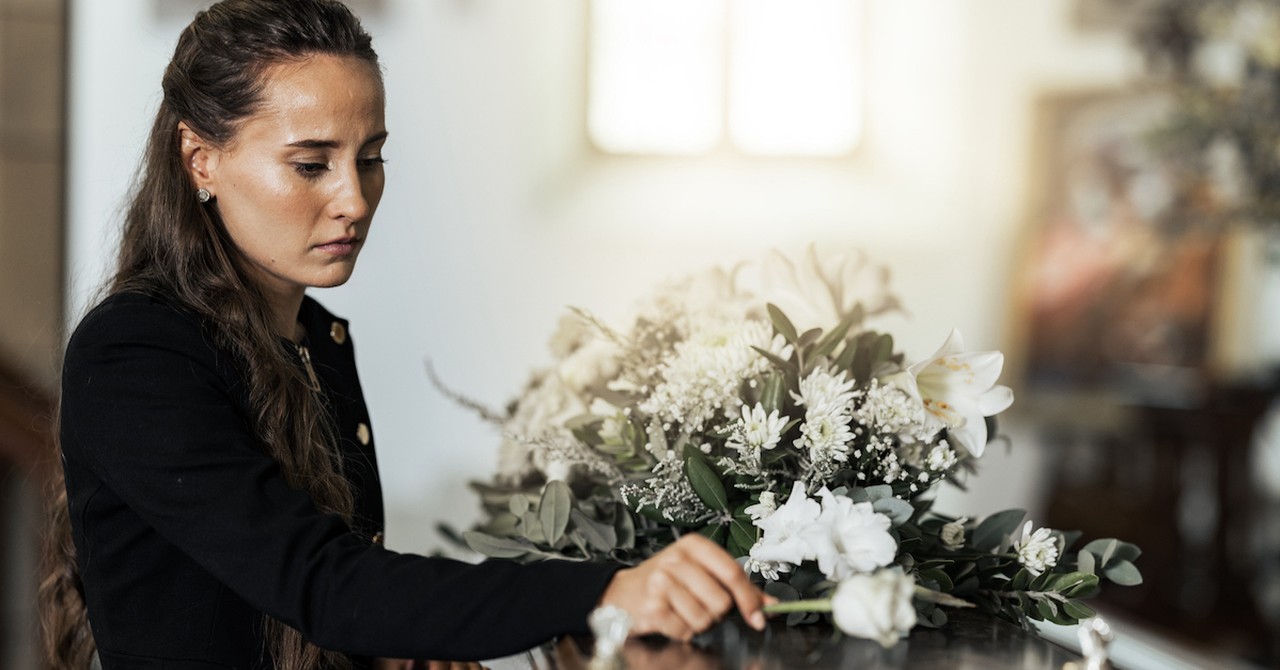
The ugly reality of losing your person is hard enough. Then come the holidays. This time of the year plasters happiness and cheer all around us, but when you are deep in the valley of grief, the last thing you want to do is celebrate anything.
Watching people around us cheerfully bounce from one festive event to the next can create bitterness and resentment. It is a brutal reminder that we may be alone or that we are forced to muster up joyfulness when all we feel is pure sorrow.
It is normal to dread the holidays for many reasons. It may trigger you if the loss happened on or around a particular holiday. If you have fond memories of traditions, including your spouse, it may be dreadful because you may find yourself alone and not wanting to muster up any celebration with your spouse gone.
These are all valid reasons to dread the merriment. However, approaching the holidays with realistic expectations may help us cope with some of the more challenging days.
Here are a few things to think about as the holidays approach:
1. Set realistic expectations for yourself.

1. Set realistic expectations for yourself.
SLIDE 1 OF 6
The first year of holidays without your lost spouse can be fierce. Decide how you want to celebrate, what you want to stay the same, and what you want to be different. It is okay to bow out at dinner at Aunt Judy’s house because you know you will be surrounded by loving couples, slapping your epic loneliness in your face.
Although canceling everything may sound like the best idea, disconnecting from other people who love you and want to celebrate with you can be unhealthy. Avoid what you simply can’t handle and ask God to give you strength for the rest. It can often lead to more healing when we push through the hard things rather than avoid them.
2. Make time for self-care, and don’t resist the grief.

2. Make time for self-care, and don’t resist the grief.
SLIDE 2 OF 6
Grief is hard work and can be hard on our bodies and minds. Remember to allow yourself the space to grieve. You may be constantly trying to fill the void with other things or self-medicate as a way of coping, but this will only prolong the healing you so desperately need. Take time to read the Bible, go to a Bible study, go on a prayer walk, or listen to worship music. Spend time with people who will lift you up, support you in your pain, and allow you the space to release your harsh feelings. Expect it to be a challenging time, and plan things accordingly. You don’t need to say yes to everything. Just say yes to the things that you know will fill your cup.
“Resistance to grief increases suffering and can even go as far as to expand it to distort what the holidays can offer us in the here and now. Resistance reveals our fear of grief, loss, and change and can leave us feeling victimized so that the holidays take on a focus of avoidance, losing the light that they may still offer us.” – Mark Bigley, LCSW.
3. Do something for someone else.

3. Do something for someone else.
SLIDE 3 OF 6
This may be the last thing on your mind as you feel you can barely function. But give it a try. Go through your items, donate to a Christmas charity, or sign up to serve food at a local shelter. Ask your church how they will reach out to your community over the holiday season, and sign yourself up to help. Even if just one hour or one afternoon, it will give you another layer of healing that you need. Taking the focus off your devastating situation for a little bit may help you big time.
Photo Credit: ©iStock/Getty Images Plus/Halfpoint
4. Take a trip.

4. Take a trip.
SLIDE 4 OF 6
The desire to escape our pain is significant when we lose our spouse. Unfortunately, grief will tag along no matter where you are or what you are doing. However, if you feel the holidays will do you in, find a place you can go to spend the holidays that will ease the sting, if only a little bit. This won’t take away your pain, but it may be helpful to pull your attention away from your grief and to focus on traveling and spending time in a place that won’t be loaded with reminders of holidays past. If you remove your regular holiday traditions, replace them with something else. Don’t hide in your pjs all day; this may exaggerate your holiday grief.
5. Honor your loved one.

5. Honor your loved one.
SLIDE 5 OF 6
Even though your spouse is gone, it may help to include them in the celebrations. Some simple ideas could be:
-Make a memorial ornament
-Visit their grave
-Make a toast for them at dinner
-Play their favorite music
-Set a place for them at the table
-Set up a memory table with pictures and things to remember them by
Related:
7 Healthy Ways Christians Can Deal with Grief
20 Comforting Verses for the Person in Grief
10 Scriptures about Death to Comfort the Grieving
Remember that it will get better.

Remember that it will get better.
SLIDE 6 OF 6
God sees you, feels you, and loves you. He is weeping with you as you experience profound loss amongst the expectations of the holidays. It seems wildly unfair that you must go through the holidays with such a heavy heart. But remember that the pain won’t be this excruciating every year. As you pass challenging milestones, triggers, and special days, the grief makes itself cozy in your heart but won’t sting hard forever. You will learn to live with the suffering, and as you build a new life around your loss, it will slowly be filled with unique traditions, new people, and a new way of doing things that will help ease the pain and bring healing.
Grief can be our worst enemy but our best friend simultaneously. Grief can repeatedly stab us in the heart with triggers and memories, but it teaches us to appreciate life at an entirely new level. We learn to cope with deep pain, push past it, and watch for God to work it all for good. ( Romans 8:28) Because ultimately, He is where the joy is, and He is the one that can bring us to a life full of healing, once again celebrating the holidays full of new life.
Heidi Vegh is a writer, speaker, and ministry leader living in Western Washington. She is a remarried mother of four, navigating the blended family life after the loss of her first husband to cancer in 2013. She longs to use her writing as a way to encourage others who have experienced loss and guide them on the road to healing. She contributes to her blog found at www.mrsheidivegh.com , sharing stories and devotionals of faith stemming from her loss and healing, mothering, and her blended and complex family. She graduated from Southern New Hampshire University with a degree in Creative Writing and English and is working on her first book. Heidi is the Women’s Ministry Director at her local church and has a deep heart for sharing Jesus with women and encouraging them in their faith walk. When she is not writing, she loves to travel, read, craft, and experiment in the kitchen. Visit her Facebook and Instagram (@mrsheidivegh) to learn more.
Originally published November 12, 2024.







